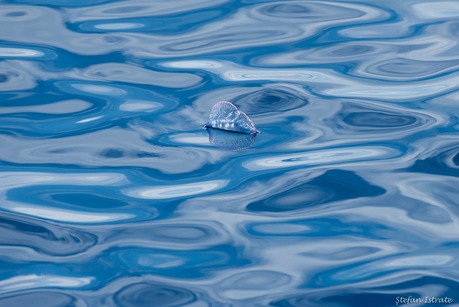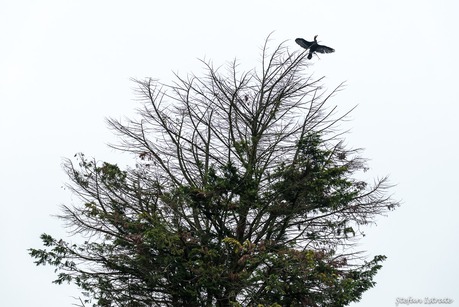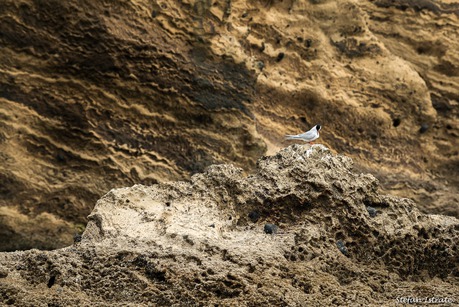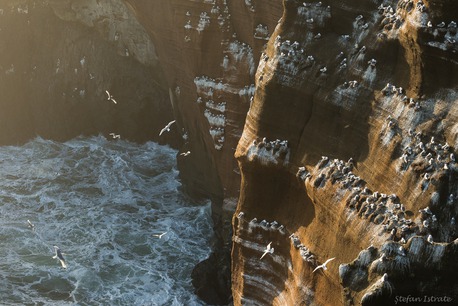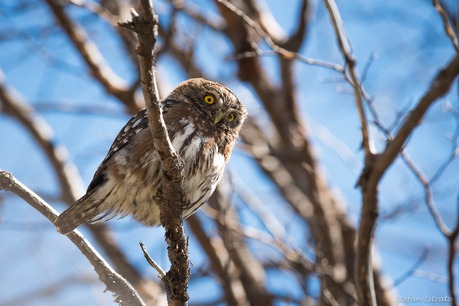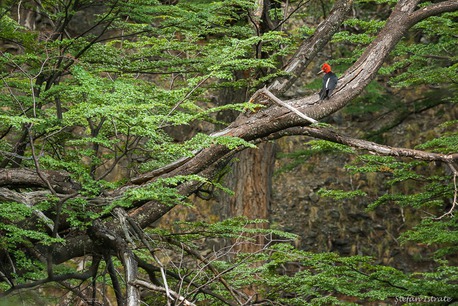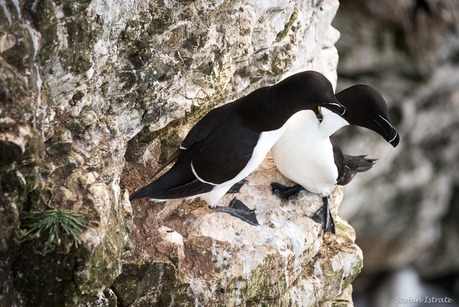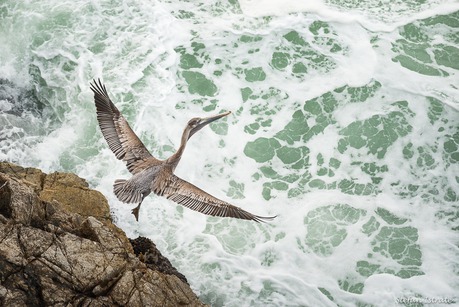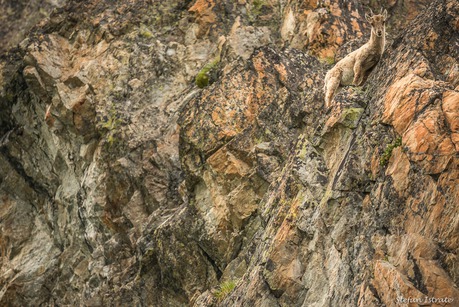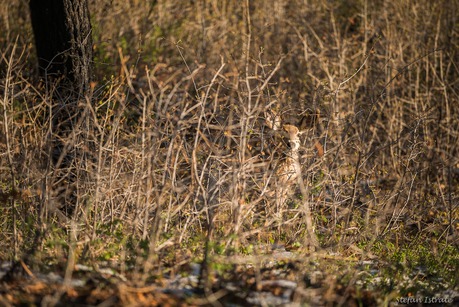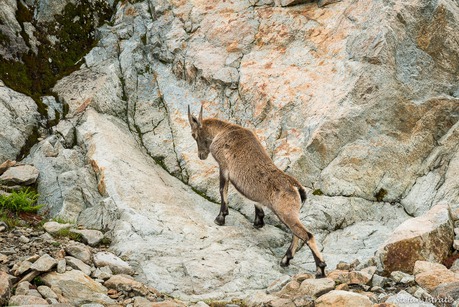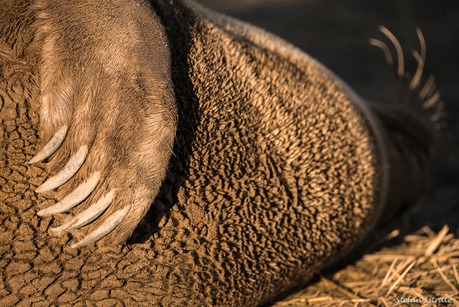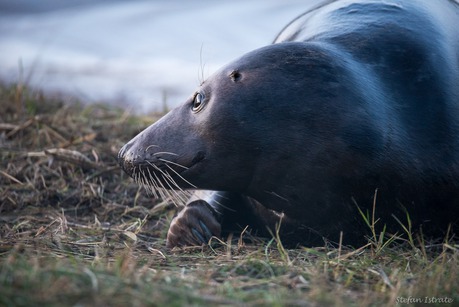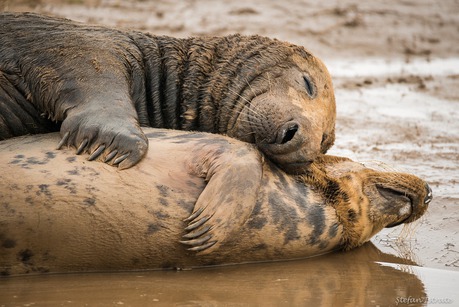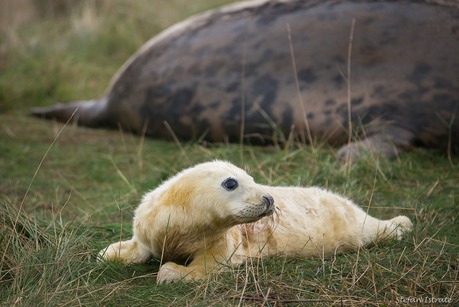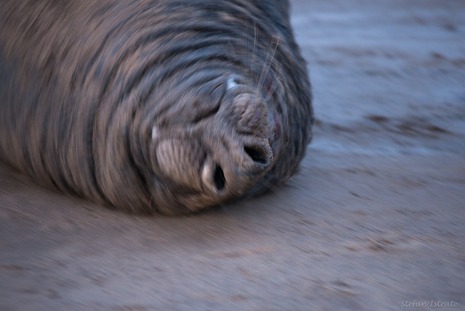Wild Encounters
With the continuous pressure we humans put on our environment, animals find it increasingly more difficult to live a wild life. We destroy their habitats and we feed them plastics and pesticides. We disrupt their circadian rhythms with our city lights and we kill them on our roads. We still hunt for pleasure, we still enjoy performances by wild animals in circuses and we still go to zoos, many of which continue to play such a small role in conservation. We are definitely aware (thanks to the media) of the negative impact we're having on our planet, but we fail to recognize our own casual damage: tiny pieces of our unrecycled plastic bags will kill birds and marine life; our uninformed food choices will encourage irresponsible companies to do business as usual; our preference for a slightly cheaper non-local product will cause unnecessary air pollution due to international shipping.
For a healthy future, humans need biodiversity. Even the smallest imbalance in the food chain could pose a great threat to our survival, so it's not wise to favour the perpetuation of some animals over the others. Inevitably, some species will disappear since we've decided to act too late, but we should strive to keep alive as much wildlife as possible. It is our duty as individuals to learn about the life around us — and what better way to do this than observing animals in their natural environment, without being intrusive? As part of my travels I encounter many such opportunities.
